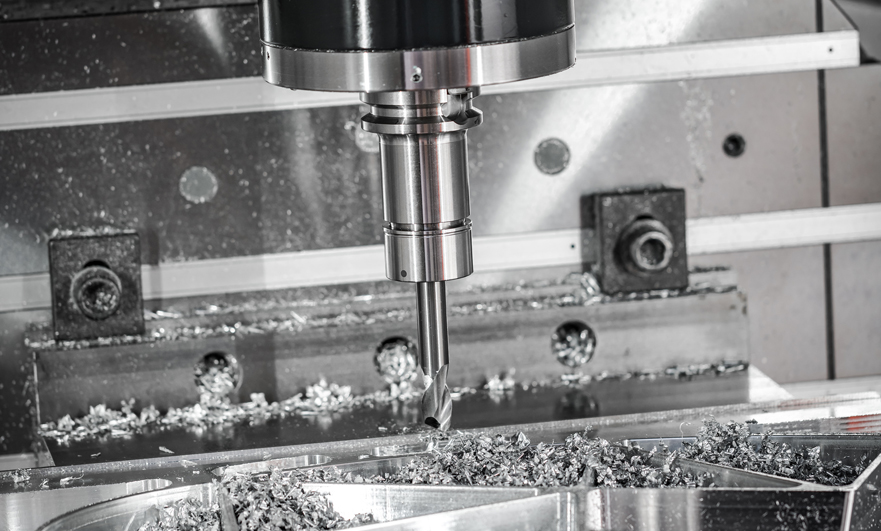Let’s start with the mechanical properties, which are measured by the performance of the material when different forces are applied. The main mechanical properties of metals that need to be considered are: strength (hard metals), ductility (soft metals), elasticity (hard metals tend to be more elastic than soft metals), hardness (hard metals), density (density ranges from soft to hard) , Magnetism (steel), fracture toughness (the range of fracture toughness of all metals is the largest, but from soft to hard is the hardest), damping (hard metals tend to have smaller damping capacity).
Wear and fatigue strength of CNC metal mahcining
Under normal circumstances, if you are machining metal parts to achieve prototype fit and function, then you don’t need to worry about material wear. If you need to ensure that CNC metal mahcining parts can withstand environmental performance tests such as extreme temperatures, then we should pay great attention to the selection of materials. Let us break down the most important fatigue characteristics.
Fatigue strength and toughness: This is the stress that a material can withstand under a certain number of cycles. These changes have been extensively studied to help select materials appropriately to meet your end-use requirements. In fact, according to research on this subject, “it is estimated that about 90% of failures in metals are caused by fatigue.” Failures happen quickly and without any warning, so we usually measure fatigue strength by means of ratio averages. . When selecting materials, if you know that CNC metal mahcining parts will endure multiple stress cycles, it is recommended to evaluate the fatigue strength level.
Environmental cycle: There are many resources for environmental cycle testing. In most cases, materials are placed in a controlled environment and tested for high and low temperatures, high and low humidity, thermal cycling, and thermal shock.
High temperature resistant metals: titanium and stainless steel.
-Metals that can withstand extremely cold temperatures and maintain toughness at low temperatures: copper and aluminum.

Metal anti-corrosion (oxidation) performance
Everything on the earth, whether it is a person or a stone, is in a process of anti-oxidation. The same is true for metals. Metal corrosion is the result of chemical reactions between metals and the surrounding environment, which is degradation or oxidation. Basically all metals will be oxidized and corroded, but different metal structures are different, so the corrosion resistance is also different. Pure iron usually corrodes very quickly, but stainless steel combines iron and other alloys, and the corrosion rate is very slow. If you are worried about corrosion, stainless steel is a good material choice for CNC metal mahcining parts.
Manufacturability of metals
When it comes to manufacturability, each supplier or manufacturing partner can have a different set of requirements based on their capabilities. If you find that your CNC metal mahcining cannot be processed, and your CNC metal mahcining design has almost no flexibility, you may need to change the manufacturing method to 3D printing, which can provide unique solutions in metal and plastic. The good news is that if you decide to machine CNC metal parts and upload a quote, we will provide design for manufacturability (DFM) feedback in each quote.
CNC metal machining parts cost
Finally, and most importantly, we must pay attention to the cost of material selection. This may not be surprising to you, but if you have more material needs, then you are likely to pay processing costs for these materials. Aluminum is a common machining material. We recommend referencing your DFM to optimize your CNC metal machining part design, saving time and cost, regardless of your material choice.